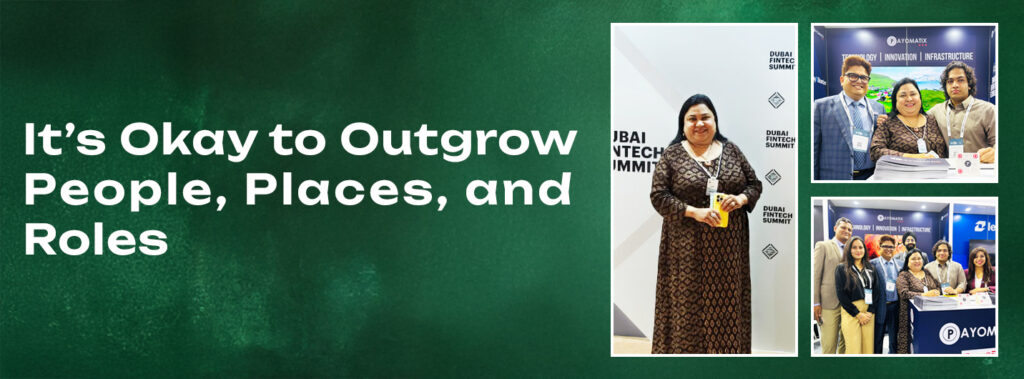Introduction
Life is a journey of constant growth. As we evolve emotionally, mentally, and spiritually, our environments and relationships often stay the same. What once felt like a perfect fit may begin to feel misaligned or draining. And that’s okay. It’s not betrayal—it’s transformation. The idea that we must stay connected to every person, place, or version of ourselves is outdated. True self-growth sometimes demands distance.
Why Outgrowing Is Natural
Growth means change. As we learn, unlearn, and mature, our needs and values shift. A job that once excited us might now feel empty. A friendship that was once nurturing might turn toxic. Staying just to maintain familiarity can hold us back. Recognizing when we’ve outgrown something is a sign of wisdom, not weakness.
Signs You’ve Outgrown Something or Someone
– You feel emotionally drained instead of uplifted.
– Your values and goals no longer align.
– You’re afraid to express your true self.
– You constantly reminisce instead of enjoying the present.
– Growth feels impossible in that space.
Outgrowing People
This is often the hardest. We form deep emotional bonds with people—friends, partners, colleagues—but growth sometimes pulls us in different directions. That doesn’t make the bond less meaningful. It just means it served its purpose in that season of life.
You don’t owe anyone permanence, especially at the cost of your well-being. Some people are chapters—not your entire story.
Outgrowing Roles
Whether it’s a job, a title, or an identity you’ve carried for years, roles can become cages. You might stay out of loyalty or fear of the unknown, but denying your evolution stifles your potential. If you feel uninspired, unheard, or stuck—it might be time to move on.
Outgrowing Environments
Places shape our mindset. A city, a workplace, or even a family home can begin to feel limiting when you’ve outgrown its rhythm. You might crave new energy, diversity, or opportunities. It’s okay to move—even if no one else understands it. You don’t need permission to change your surroundings.
The Guilt of Moving On
Letting go can trigger guilt. You might feel like you’re abandoning people or being ungrateful. But staying where you no longer belong helps no one. You deserve to grow. Others deserve authenticity, not resentment.
Give yourself permission to prioritize your evolution. Choosing growth over comfort is courageous.
How to Let Go Gracefully
– Reflect honestly on what you’ve outgrown.
– Communicate with kindness, when necessary.
– Release the need for closure or validation.
– Grieve what you’re letting go.
– Focus on what you’re stepping into, not just what you’re leaving behind.
Building New Alignments
After letting go, there’s space to build something better. New relationships, careers, or communities that reflect who you are now—not who you used to be. Stay open. You’ll attract what resonates with your current growth stage.
Final Thoughts
Outgrowing is not rejection—it’s redirection. Every ending opens the door to a more aligned beginning. Embrace the discomfort. Trust your inner wisdom. You’re not being disloyal by changing—you’re honoring who you’re becoming.
You owe it to yourself to grow unapologetically. Let life evolve.
FAQs
Q1: Is it selfish to outgrow people?
No. Growth is personal. It’s not selfish to prioritize your well-being and evolution.
Q2: How do I deal with the guilt of moving on?
Remind yourself that honoring your growth serves everyone in the long run. Guilt is natural but not a reason to stay stuck.
Q3: What if I regret letting go?
Regret can surface, but it’s often rooted in fear. Focus on the clarity that brought you to this decision.
Q4: Can relationships survive if one person outgrows the other?
Sometimes. If both parties are willing to evolve together. If not, parting ways can be an act of respect.
Q5: What’s the first step to moving on?
Awareness. Once you acknowledge what’s no longer serving you, you can start taking steps toward change.

